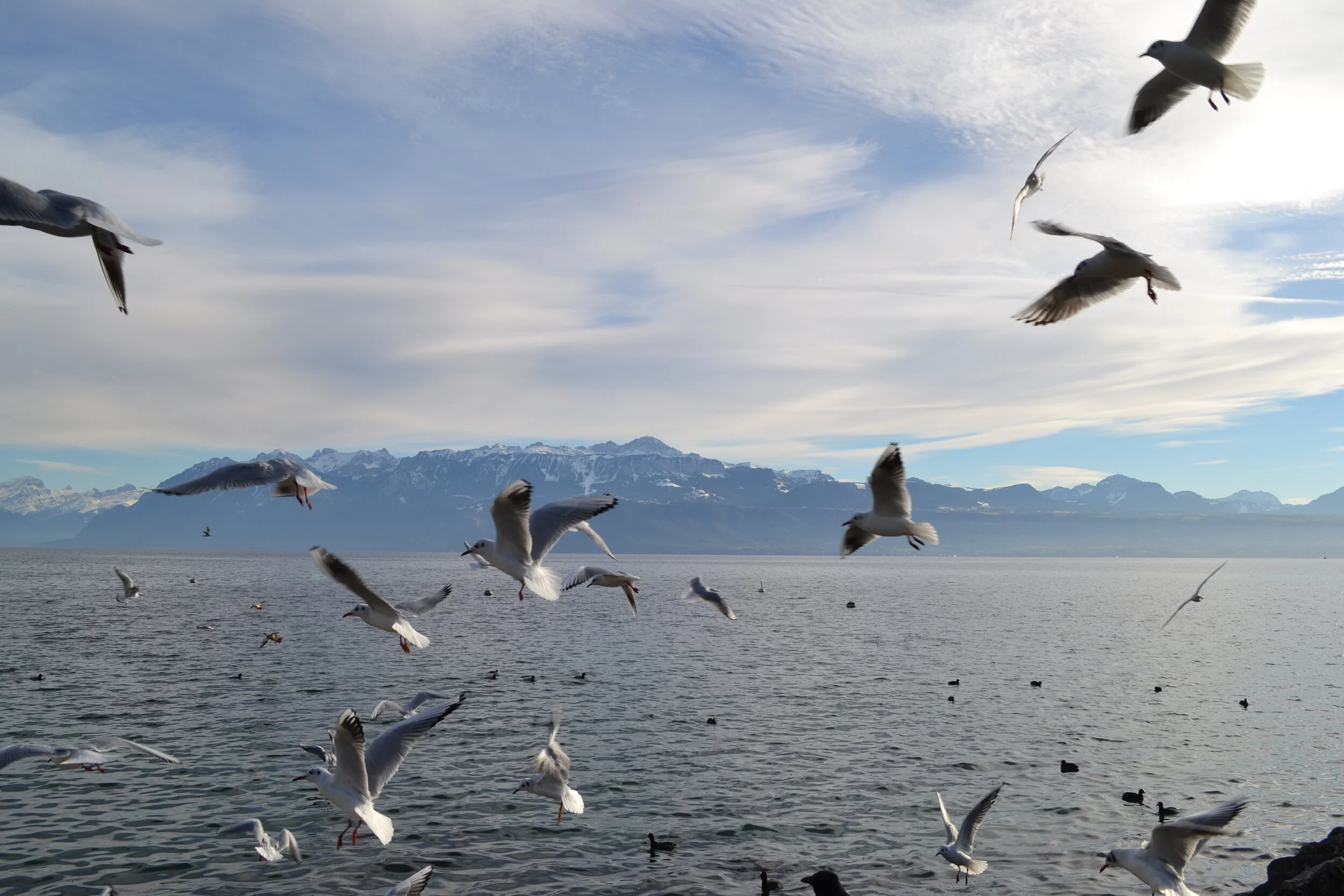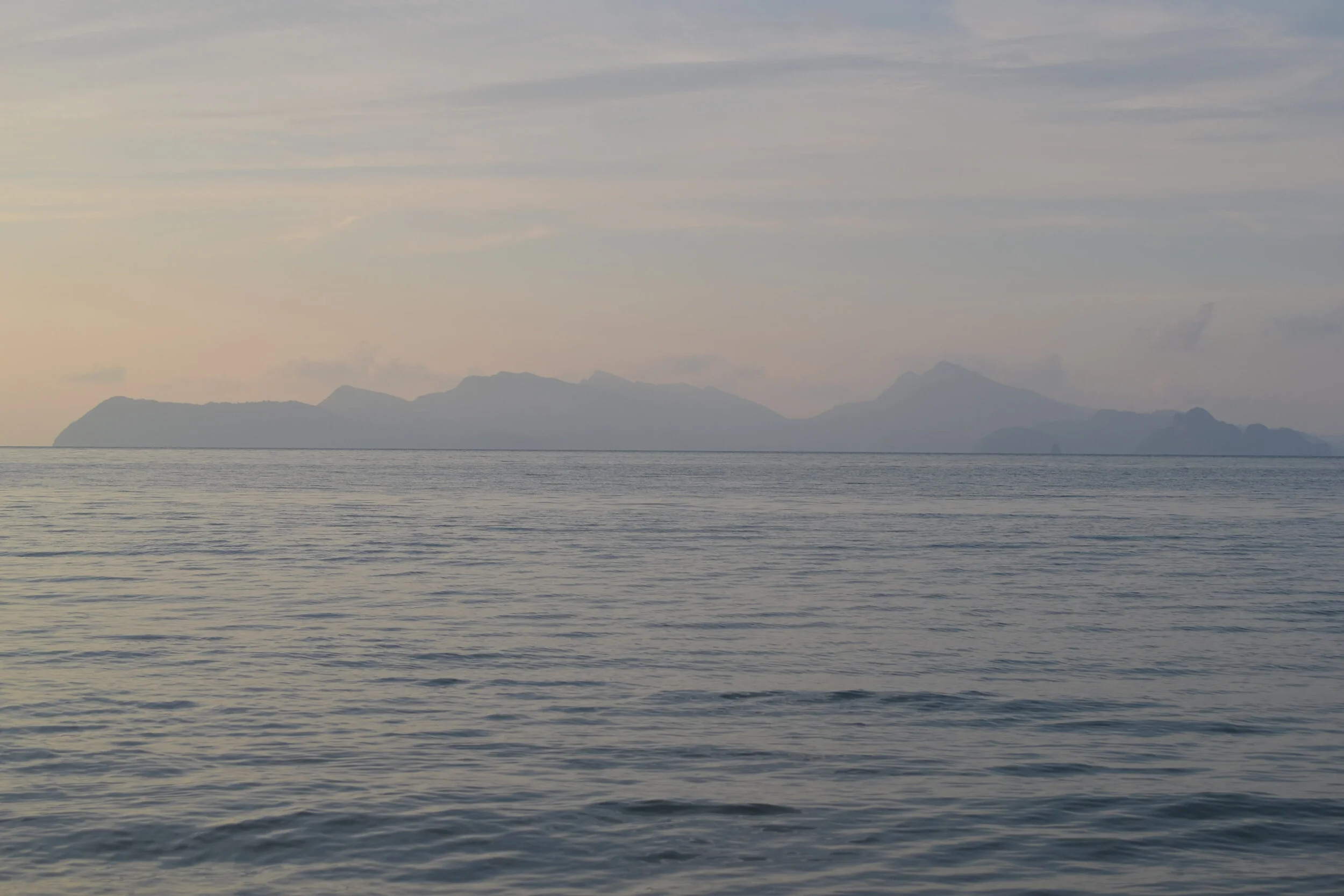And like a dream, a life, a reason,
Everything must change
Paul Weller
For many years now I have been involved in leadership development and school improvement. Looking back, it feels like change and the leadership of change has been the prevailing theme for school leaders. We have always had a restless relationship with the status quo. Whether it’s conferences attended, books read, workshops facilitated, start of the year school INSET days; the need to change, to accomplish more, to be bolder and more ambitious has always been centre stage. Now, as COVID-19 exposes the cracks in our system, this compelling and powerful pull for change has never been stronger.
But I‘ve always wondered; ‘why – when we know so much about leading change, when we are able to talk about it so compellingly, and when we are so committed as school leaders to change and improvement, does it all too often lead to a feeling of “I could have done more”, or “it didn't really work out as I had anticipated”?’ What too often gets in the way of achieving our bold ambition?
These questions and our enduring relationship with change was the theme I explored with school leaders at the Schools of Tomorrow Annual Conference in March this year. We set ourselves the task of exploring the following together:
Just as COVID-19 has been called the ‘Great Disrupter’, how might we avoid the post-pandemic era being the ‘Great Disappointment?’
How do we place ourselves and others at the centre of our ambition to transform the learning experience for ourselves, staff, children and young people and communities?
How do we use the impact of COVID-19 to positively disrupt the education system so it serves our children better?
What will get in the way of us achieving that?
In the workshop we looked at the power of ‘self-doubt’ and how to work with it. We explored the need for our staff to feel safe and secure after a turbulent year whilst cultivating a compelling and powerful pull for change. We explored how our own habits of mind, the assumptions we make about ourselves, our role and the schools we lead, and our ingrained ways of working will get in the way of true change. Ultimately, we realised we can’t disrupt the system unless we are prepared to disrupt ourselves as leaders in the process. This requires us to work on our own ‘inner life’ as leaders but, what does this really mean?
Two months on, I caught up with two school leaders who were at the Conference, Darren Randle, Executive Head of Hollingsworth Academy in Rochdale and Caroline Skingsley, Head of Goldington Green Primary Academy in Bedford, to explore their insights.
Being comfortable with not knowing
Darren was clear that ‘seeing differently’ was the only option. He shared how “everything already changed” as a result of COVID-19 saying “within days we had to question everything, absolutely everything we do and how we do it. From how we lead and manage, to how teachers teach and children move about the school – nothing, absolutely nothing was immune to change. This in itself brought a sort of liberation – the notion of ‘we do it like this because we always have’ was blasted out of the water”.
For Darren and his team this disruption has given them permission to ask ‘big and persistent’ questions, that he knows he doesn't have answers to. He wants the questions to be unsettling enough, so they keep “knocking on the door” and result in a wholescale pivoting toward “the right and moral thing to do” – rejecting some of the post COVID-19 discourse of ‘catch up’ and ‘bounce back’ as reductive and arid. “All the assumptions we made previously about what’s important as school leaders were wiped clear”, he said, adding “and that’s scary for a leader.” He reflected how the solid ground beneath his feet was no longer as solid as he thought – but how “amazingly exciting it is, if we have the courage to seize it.”
For Darren the two persistent questions that carry some of this courage are:
How do we engage pupils and parents more, why is this important and what do we really mean by this?
How do we help raise healthy children, why is this important and what we do we really mean by this?
Darren regularly reinforces the magnitude of these two questions by also asking ‘are we serious or are we just playing at this? And what does being ‘being serious’ really mean?
Darren knows for him this means dropping the ‘mantle of expert’ and sitting with ‘not knowing for far longer than feels comfortable’. His realisation that “the more you might have gained knowledge and the experience to be an expert, the more you are not” sets the culture for transformation. “If the questions are big enough, we have no choice but to drop the need to be an expert. We are all novices, everyone - everyone is part of the conversation”.
Slowing down to go further
For Caroline the practice of patience and resisting the pull to move fast as the world speeds up has been an important part of her leadership over the last few months. She is aware, as so many leaders are, of the tug of what others now expect of her and the school and what she and her team expect of each other; the priorities they believe are important.
She is clear on how she addresses what she describes as a dilemma, “we start the conversation with staff, families and governors exploring what we want to adopt, adapt and abandon from the COVID-19 period - and we give it time.”
Like Darren, she sees the purpose behind the questions as important - what questions are we working with and why? She knows that her perspective and views as the headteacher may not be the same as others and she is building on the relationships with parents cultivated through regular online communication throughout the last year to encourage a range of views to be voiced. She is clear on the seriousness of this endeavor, saying “we get this one chance to use this time to re-imagine a better future for schools and for our children.”
She understands the need for parents and, to some extent, for staff to want quick change and immediate decisions. So as a leader how does she handle this? How does she cultivate patience, whilst at the same time not ‘standing still’? She knows that it is very easy as a leader to fall back into ‘busy-ness’ and she now watches out for that in herself. She finds time to pause during the day, noticing micro moments of ‘waiting time’ - for the kettle to boil, the phone to ring, the meeting to start - allowing her mind and body to slow down, just for a moment. “Slowing down as a leader is not a failing, it's a strength” she says, “if we are frantic and overwhelmed, so will the staff and children be and we risk losing our focus on what matters.”
So where does her courage come from? “My priorities have completely changed as a result of the pandemic”, she says. “We are even clearer on our core priority now; a focus on children’s health, mental wellbeing and their ability to thrive in an ever more unstable world.” Caroline draws on what she describes as “a deep well of confidence” drawn from values and core principles adding “we have always said the pressure from outside school to conform has not been important to us – but now we really mean it. This is our children’s future and we will handle it."
Changing our relationship with change
Our relationship with change is different in this post Covid era. In the past we have felt compelled to change because something wasn't right, the way we were working in our school, MAT, Alliance or Local Authority needed improving. The compulsion to change came from a sense of ‘lack’.
Darren and Caroline have demonstrated how COVID-19 has changed their relationship with change. It comes from a place of ‘wanting more’ rather than ‘lack’; more understanding, knowledge, self awareness, compassion.
COVID-19 has changed everything. The seismic shifts at every level are deep. Here, now, we have a chance to disrupt and transform our schools and the system. But it has to start with disrupting ourselves as school leaders. Putting down the ‘mantle of expert’, resisting the pull to move fast, asking unsettling questions, being curious and open to all answers and seizing this once in a lifetime opportunity for change. As Darren and Caroline have shown, it’s already in our nature.
We just need a little bit of courage.
Written by Maggie Farrar with Darren Randle and Caroline Skingsley. Originally published with Schools of Tomorrow.


